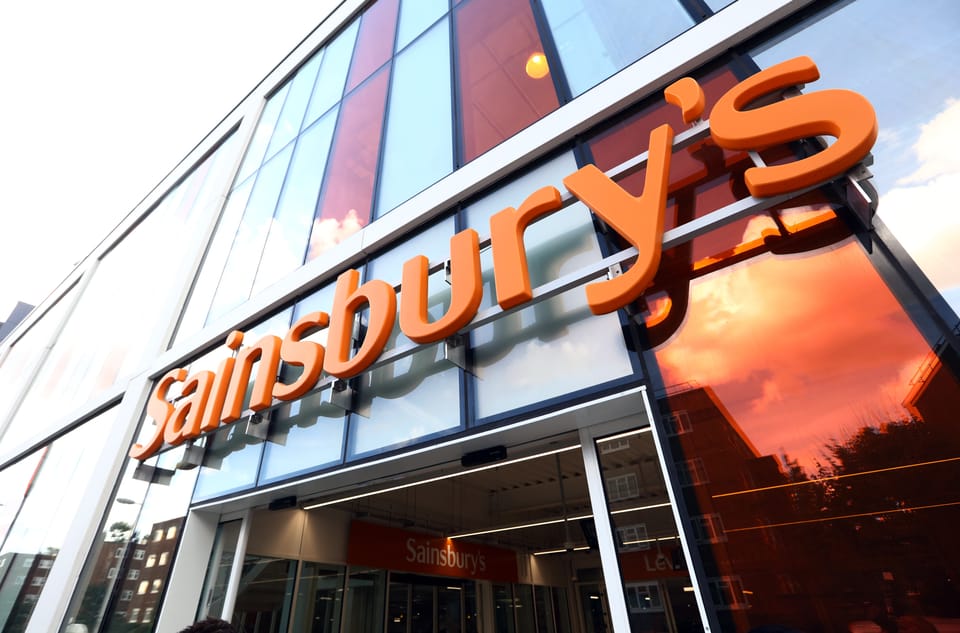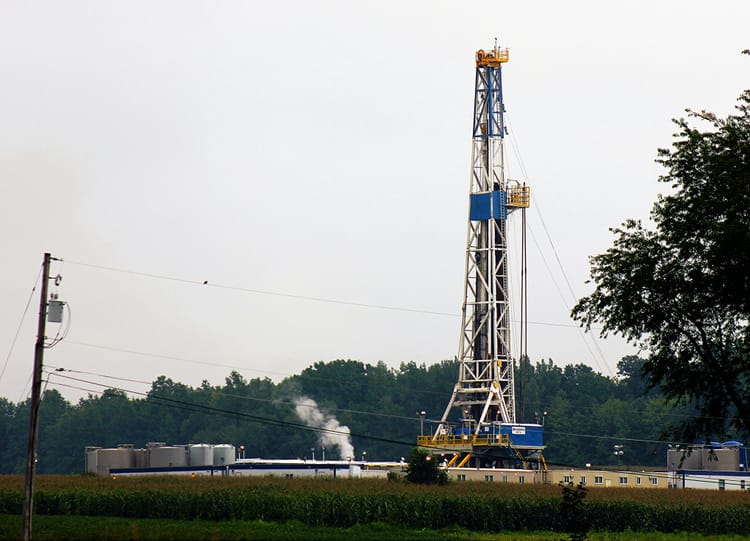Sainsbury’s unites commercial and sustainability mandates
Rhian Bartlett has been Sainsbury’s Chief Commercial Officer since 2020.

UK supermarket chain Sainsbury’s has named Rhian Bartlett Chief Commercial and Sustainability Officer, uniting the two functions as part of broader changes to its operating board.
Bartlett has been Sainsbury’s Chief Commercial Officer since 2020, but sustainability was led by Ruth Cranston as Director of Corporate Responsibility and Sustainability until now. Sainsbury’s did not immediately answer CSO Futures’ request to know what Bartlett’s new mandate means for the rest of the sustainability team, including Cranston.







